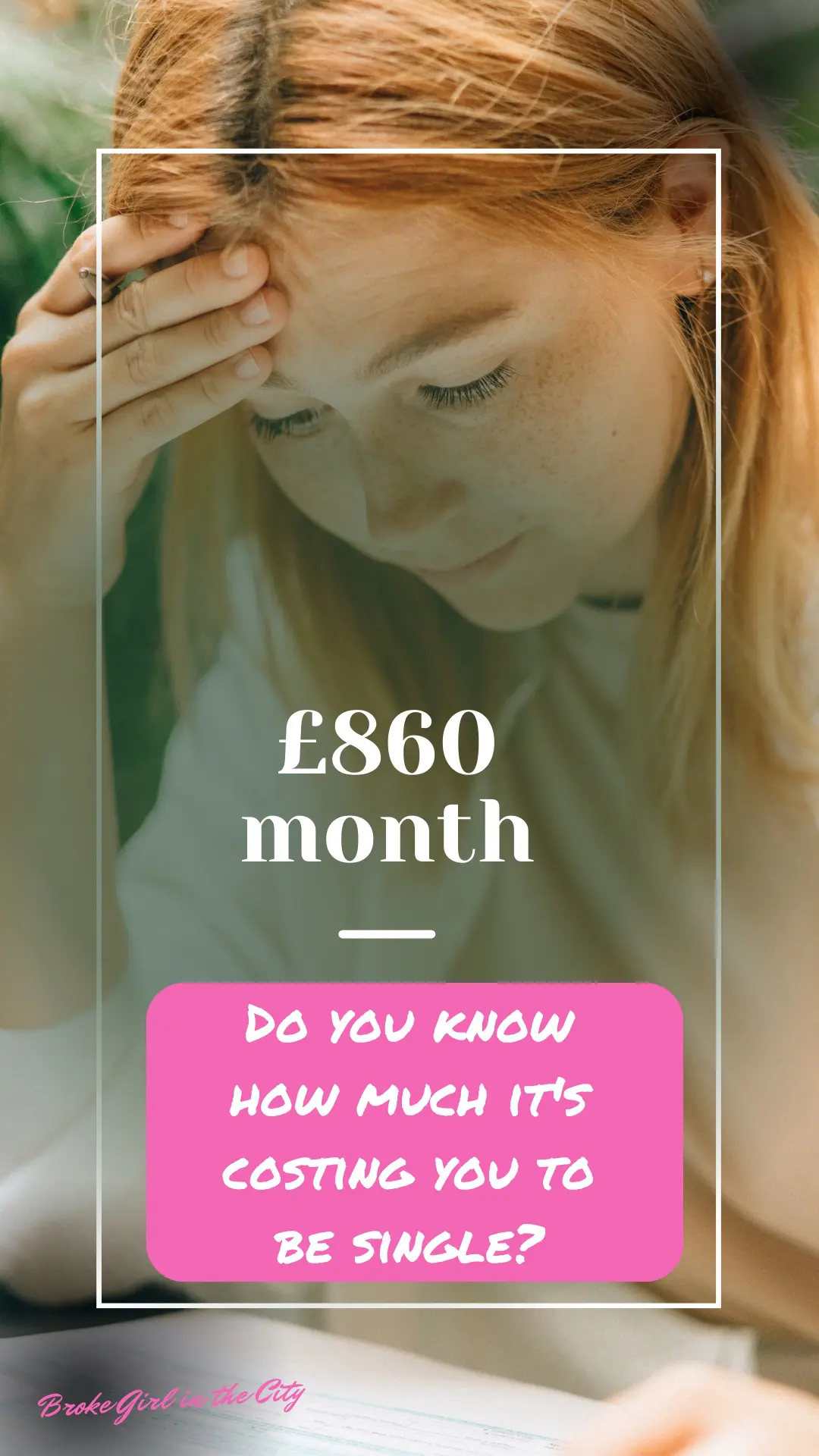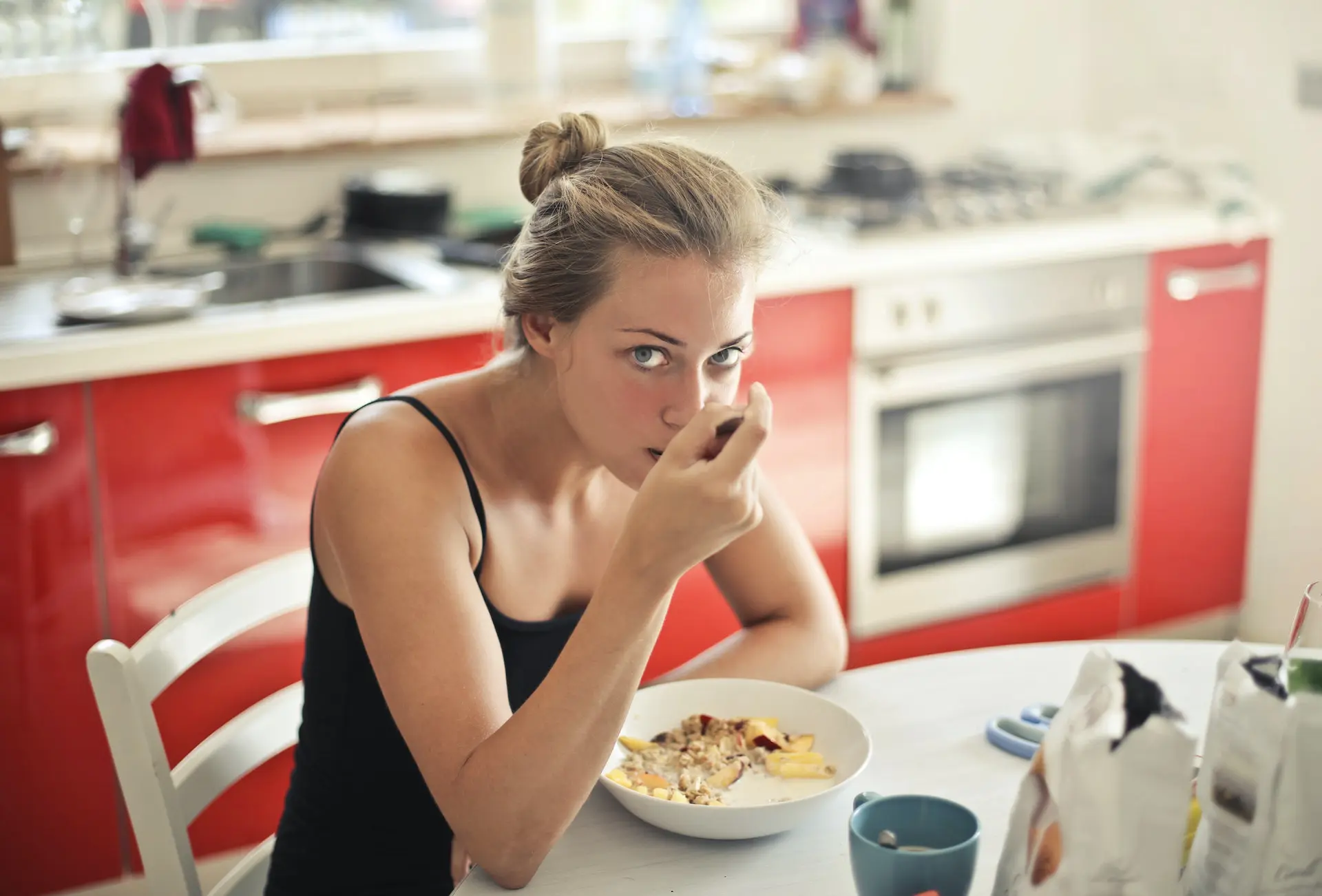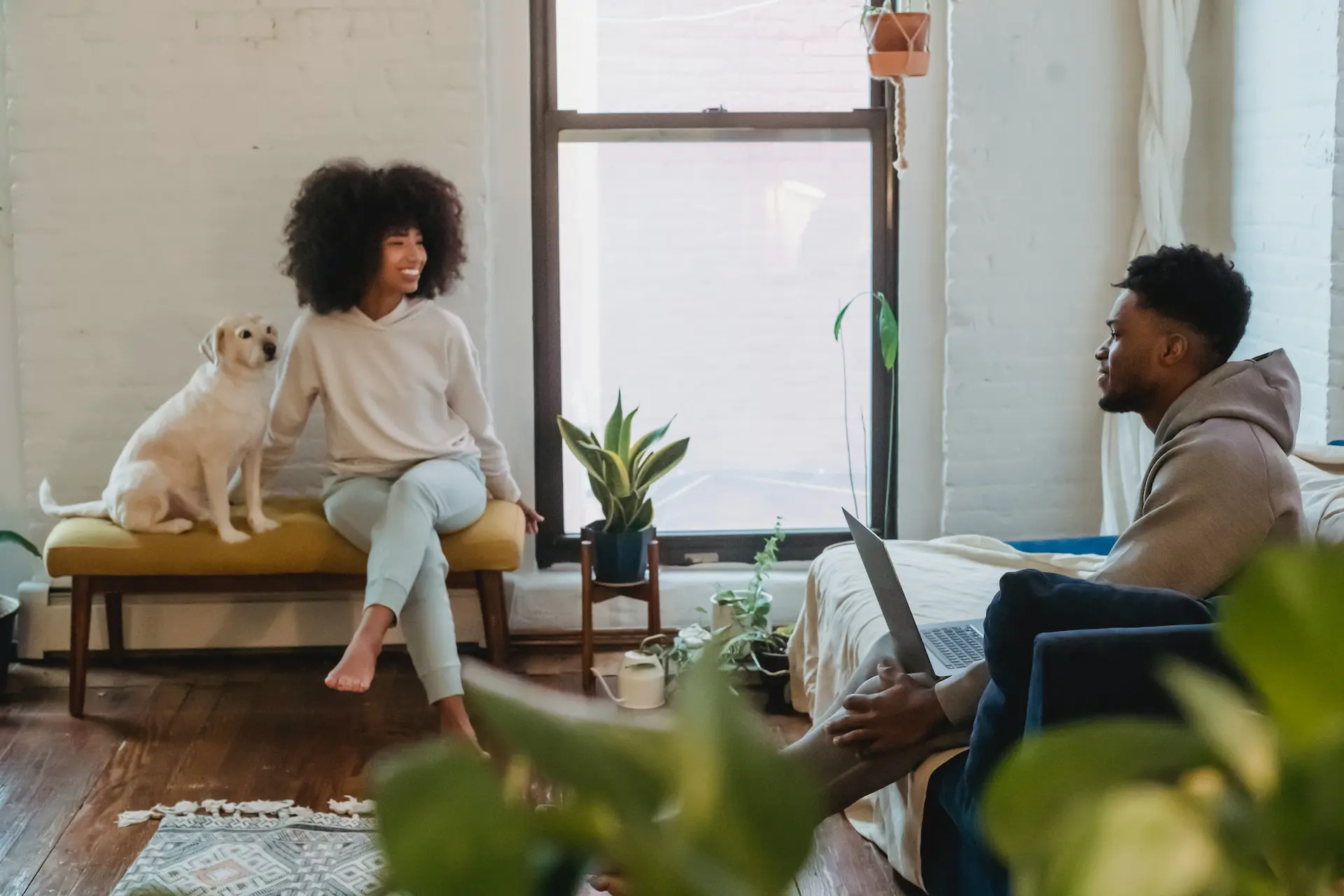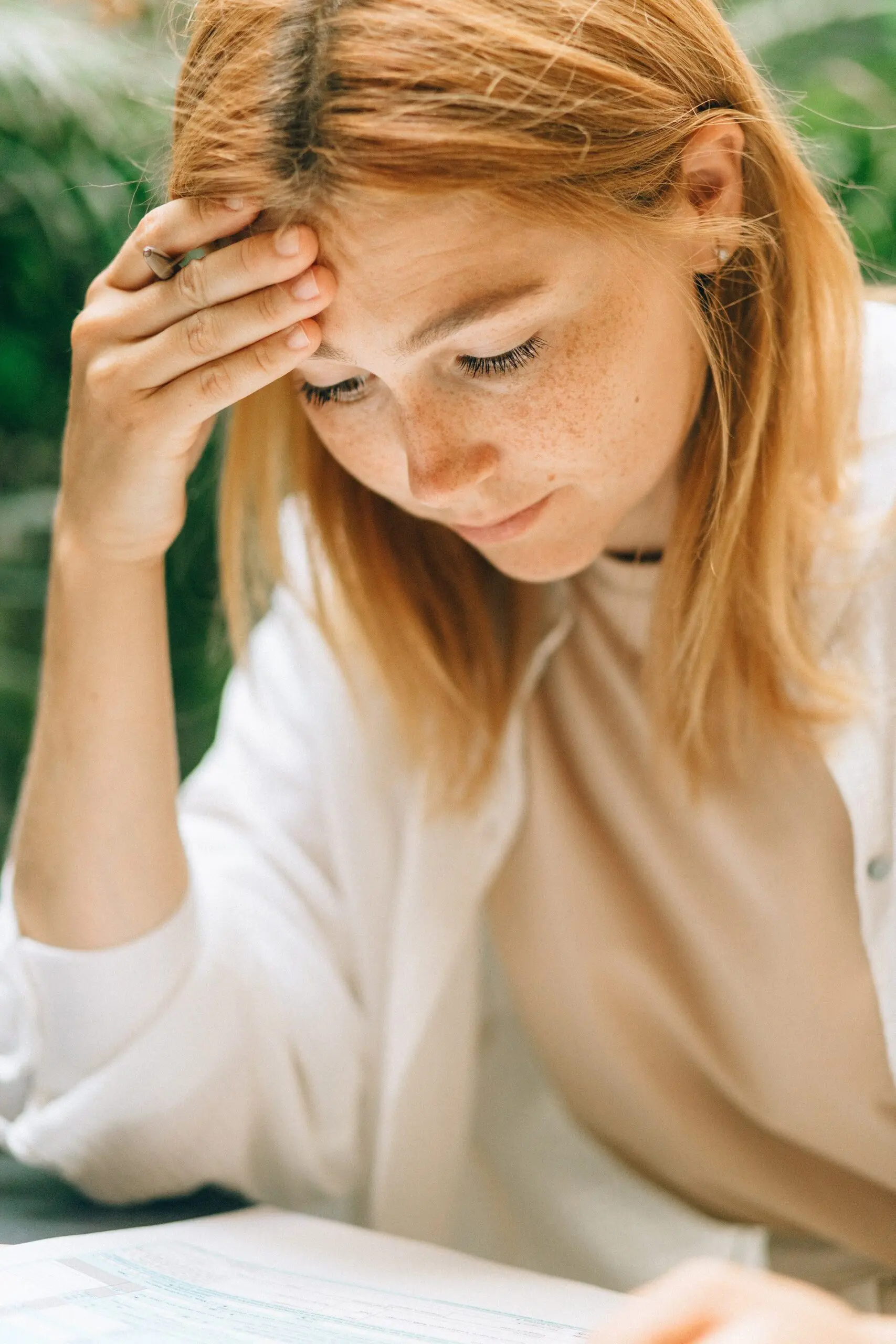
The cost of being single: £860 a month, and two-thirds of your financial resilience
- Single people living alone are less likely than couples to have enough emergency savings (53% compared with 79%).
- They’re less likely to have enough cash left over at the end of the month to be considered resilient (14% compared to 47%).
- And they’re less likely to be on track for a moderate income in retirement (34% compared with 50%).
- Overall, 76% of single parents and 53% of those living alone have either poor or very poor resilience – compared to 27% of couples with children and just 16% of couples without children.
Findings from the third wave of the HL Savings & Resilience Barometer, January 2023.
If, like me, you started off 2023 single. This headline isn’t what you want coming through your newsfeed! When I am in a couple, I tend to spend more money on takeaways and other things that I do not do when I am single. However, there is no denying that there are some benefits to having a partner. That’s no excuse to text your ex after reading this article!
Sarah Coles, Senior Personal Finance Analyst, Hargreaves Lansdown:
“You can put a price on freedom: being young, free and single costs £860 more monthly and two-thirds of your financial resilience. Single people have less in savings and less cash left over at the end of the month. They pay the price over the long term too because they’re less likely to be building equity in a property or saving enough to be on track for a moderate retirement income.

Single people are worse off than their coupled-up counterparts
The HL Savings & Resilience Barometer found that single people are worse off than their coupled-up counterparts across the board. Single people living alone are less likely than couples to have enough emergency savings (53% compared with 79%), enough cash left over at the end of the month to be considered resilient (14% compared to 47%), or to be on track for a moderate income in retirement (34% compared with 50%).
Life is particularly tough for single parents. 76% of whom suffer from poor or very poor resilience – compared to 27% of couples with children. Even without the expense of children, life is tougher. 53% of single people living alone face poor or very poor financial resilience – compared with just 16% of couples living on their own.

Why single people are worse off
An awful lot of it comes down to the fact that there’s nobody to split the bills with, so they have to cover their costs alone. A single person may need as many bedrooms as a couple, but they have to pay for them alone, adding an estimated £860 monthly to their expenses. Even where the bills are reduced for singles, they’re not cut enough. Council tax, for example, isn’t halved when you live alone – it’s only reduced by a quarter.
You might think there are other areas where you only use half as much, so it should cost half the price – but that’s not how it works. Food shopping, for example, means buying smaller packs which you usually pay proportionally more for, or buying standard sizes and risking wastage. Then there are the special deals for couples and the single supplements, meaning you can spend more on everything from streaming services to hotel rooms and gym memberships.
The Barometer also found that couples who make financial decisions together have better financial resilience than people who make them alone. The fact that couples have a live-in sounding board to discuss difficult financial issues also gives them a head-start in dealing with them.

Couples are more likely to own a home, too
with 45% of them meeting the resilience threshold for property ownership, compared with 17% of single people. We know that renters tend to have lower financial resilience overall because rents and essentials tend to make up a larger proportion of their income. Rising prices over the past 12 months have made life for renters even tougher. However, even when you take property ownership out of the equation, couples are better off. Even if you just compare homeowners, 35% of single homeowners have poor or very poor resilience compared to 11% of couples who own their own homes.
Even the tax system seems stacked against you.
There are specific tax breaks for people who are married or in civil partnerships, from the marriage allowance to the fact there’s no inheritance tax on assets passed between spouses after death or capital gains tax on assets passed while you’re alive. Meanwhile, single parents earning over £50,000 begin to lose their child benefit, while both members of the couple could bring home £49,999 a year and still get the benefit in full.”
| Monthly cost | Individual price when single | Individual prices when in a Couple | |
| Internet (Money Supermarket) | £33 | £33 | £16.50 |
| Council tax | £164 (Band D) | £123 | £82 |
| Energy bill (Price guarantee) | £208 | £208 | £104 |
| TV Licence | £159 | £159 | £79.50 |
| Rent (Rightmove outside London) | £1,162 | £1,162 | £581 |
| Subscriptions | Netflix (£6.99 for one screen, £10.99 for two), Spotify (£9.99 for one, £13.99 for duo), Amazon Prime £8.99 | £26 | £17 |
| Food and drink (ONS) | Estimate based on an average household spend of £268 a month, and an average family size of 2.4 | £140 | £111 |
| Monthly total: | £1,851 | £991 |

